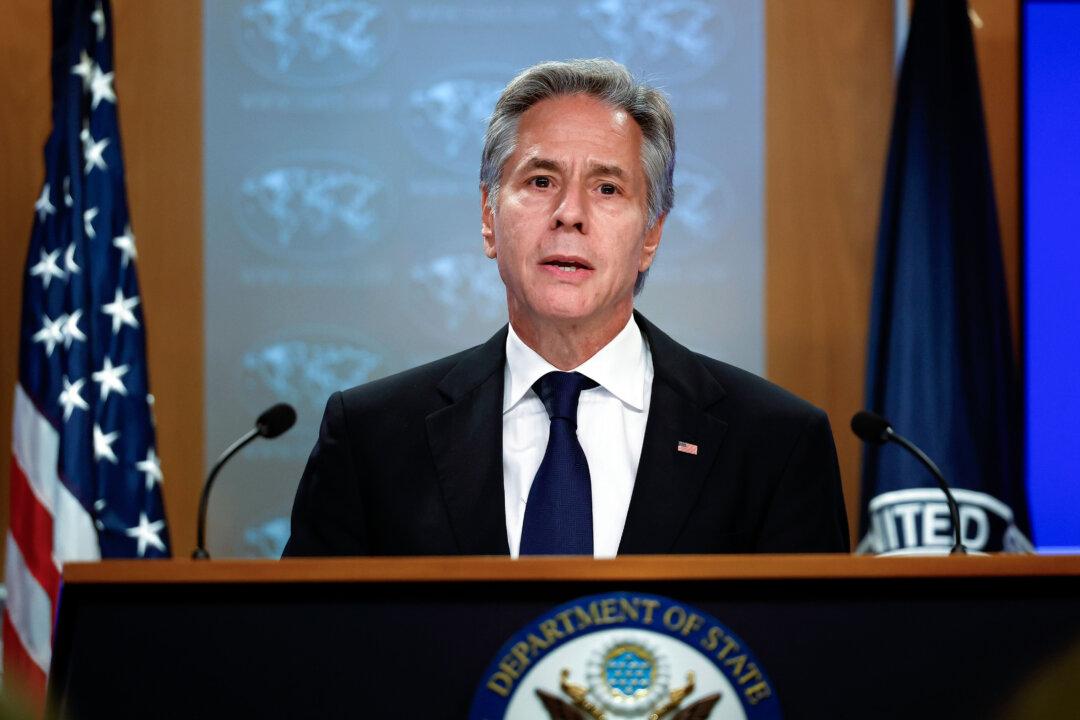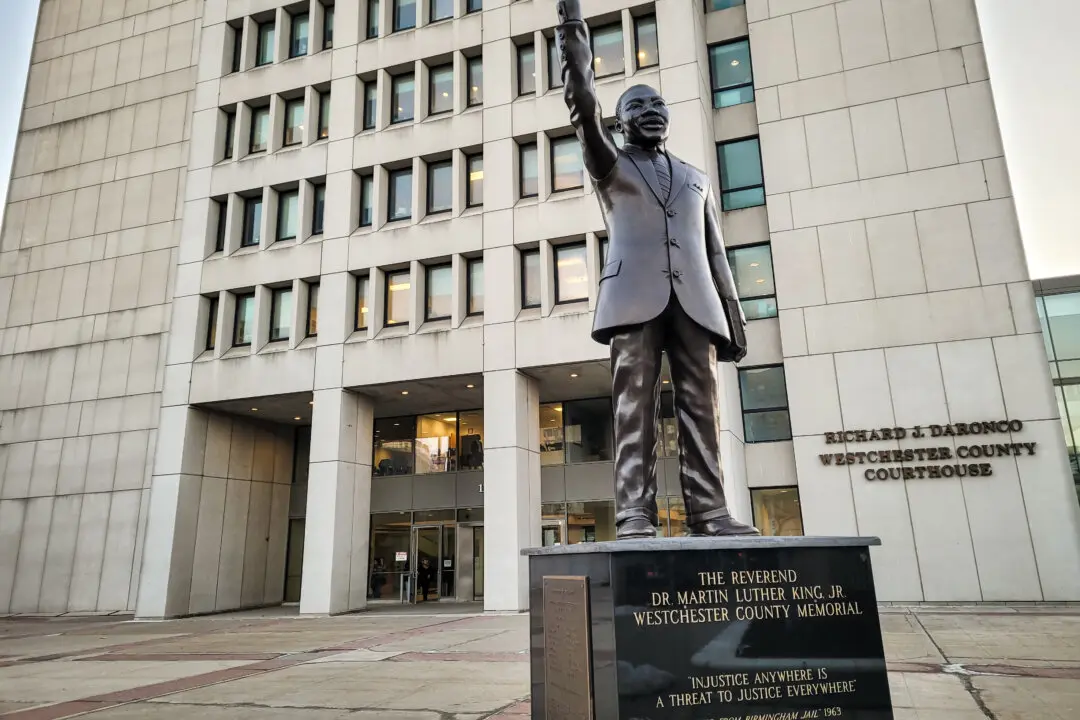WASHINGTON—The U.S. State Department announced sanctions against media outlet RT (formerly Russia Today) and several affiliates on Sept. 13, citing accusations of global covert influence.
Drawing on intel from RT employees, “We now know that RT moved beyond being simply a media outlet and has been an entity with cyber capabilities,” a statement from the State Department said.





